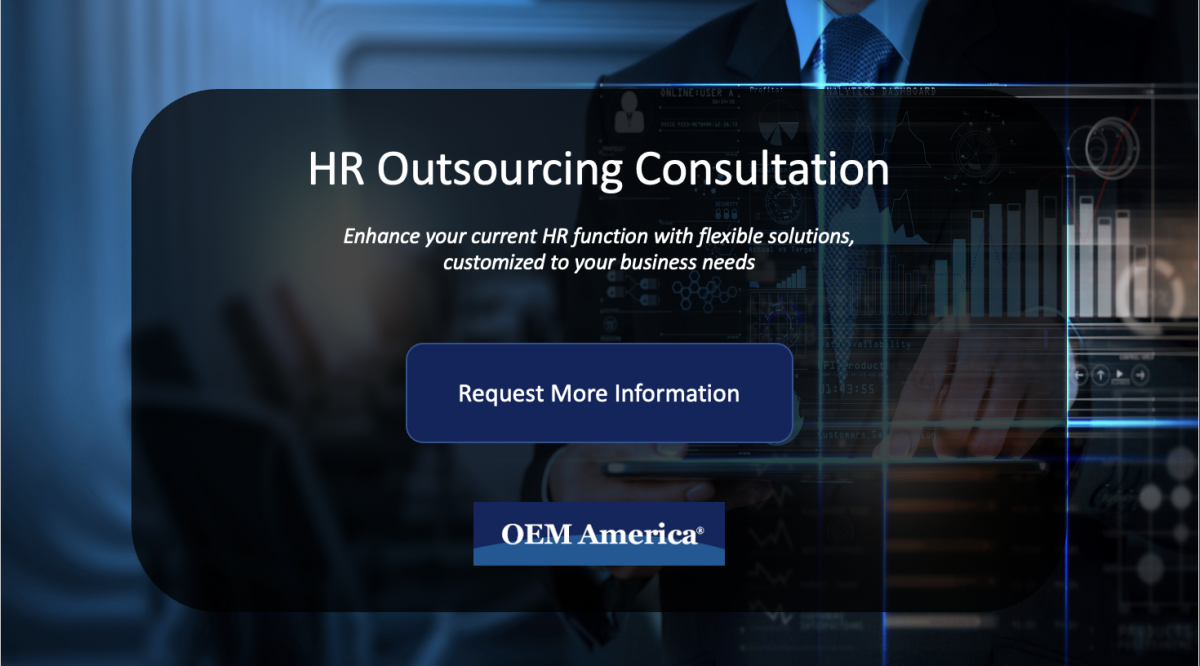When Should You Hire a New Employee?
No matter whether your business is large or small, knowing when it’s time to hire someone new is always tough. Employees cost money and so does the search for the right candidate. So how do you know when it’s time to open up a new position? We’re going to go over some tips for figuring out when you should hire a new employee.
Employee Workload
The first step is to look at the workload of your current employees. You don’t want to waste the money on the search for a candidate, training, salary and benefits if there isn’t going to be enough work to justify it. On the other hand, you don’t want to overload your current employees with more work than they can handle. Overworked employees tend to feel unvalued and stressed, which leads to high turnover and higher costs for your company.
If your employees are missing deadlines or if there is an increase in customer complaints, that may be a sign that it’s time to hire. Your company could lose business if customers aren’t happy with how long it takes your staff to complete assignments or return phone calls. Complaints like these usually indicate that your staff has a backlog of work that could be alleviated by hiring an additional employee.
Timing Is Everything
Once you know you need to hire, it’s essential to time it correctly. If you hire someone new too soon, then there might not be enough work for that person to do. This could cost your company some money, as you’d be paying a salary earlier than necessary. However, this time could be used for training.
Hiring too early may be better than hiring too late. If you wait too long, your new employee might not have time to be trained and brought up to speed before they’re really needed. Your other employees will still have a greater workload, which could result in unhappy customers and lost business.
Waiting too long to hire could also result in rushed hiring. If you’re desperate for the help, you could end up hiring someone who isn’t a good fit for your company in the long run. Therefore, it’s best to hire earlier rather than later. Any hidden costs associated with hiring would be present no matter when you hired, so the additional salary cost of hiring early may be negligible in comparison to the potential loss of business if you hire too late.
Hiring the Right Type of Employee
Before you take the leap and hire a new employee, it’s just as important to decide what type of employee you need. What if you don’t have enough work for a full-time salaried employee? Would a part-time employee be able to take on enough work to help out your full-time staff? If your needs may vary, consider hiring an hourly employee, since there is no minimum number of hours they must work.
If your needs vary depending on the season, as is the case for many retail businesses, temporary or seasonal employees are hired to handle the increased holiday business. Another option would be to hire someone as an independent contractor or freelancer to take on the additional work as needed. However, because freelancers aren’t considered employees of your company, they may not be a good fit if the work requires specific hours.
Go Back
